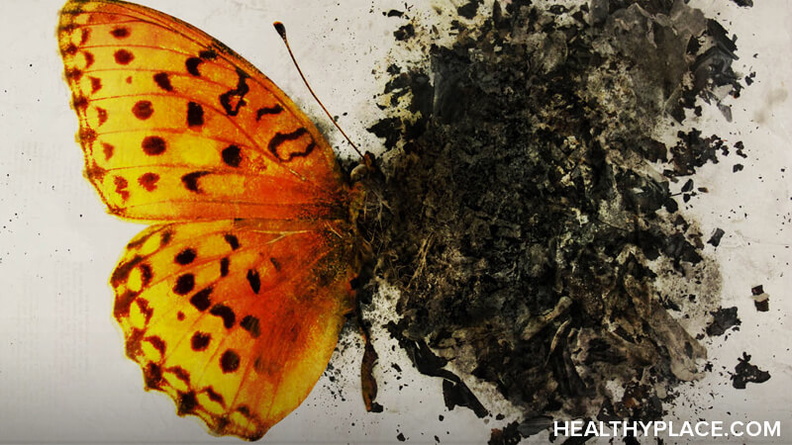There have been traumatic events over the course of our history. The PTSD that Veterans experience has started to come to the forefront of our awareness. My son has a friend, who experienced such severe PTSD, that we worried for his safety. We all know that the suicide rate is high for Veterans with PTSD. What is it specifically and why am I writing about it?
PTSD.va.gov defines the symptoms as:
PTSD symptoms usually start soon after the traumatic event, but they may not appear until months or years later. They also may come and go over many years. If the symptoms last longer than four weeks, cause you great distress, or interfere with your work or home life, you might have PTSD.
There are four types of symptoms of PTSD (en Español), but they may not be exactly the same for everyone. Each person experiences symptoms in their own way.
Reliving the event (also called re-experiencing symptoms). You may have bad memories or nightmares. You even may feel like you’re going through the event again. This is called a flashback.
Avoiding situations that remind you of the event. You may try to avoid situations or people that trigger memories of the traumatic event. You may even avoid talking or thinking about the event.
Having more negative beliefs and feelings. The way you think about yourself and others may change because of the trauma. You may feel guilt or shame. Or, you may not be interested in activities you used to enjoy. You may feel that the world is dangerous and you can’t trust anyone. You might be numb, or find it hard to feel happy.
Feeling keyed up (also called hyperarousal). You may be jittery, or always alert and on the lookout for danger. Or, you may have trouble concentrating or sleeping. You might suddenly get angry or irritable, startle easily, or act in unhealthy ways (like smoking, using drugs and alcohol, or driving recklessly.
Now, Luanna why are you writing about PTSD? Are you a veteran? No, I’m not, but read through the symptoms. Do you recognize any of them? in yourself? In a friend? I worked with “At-risk” students for years. They became my specialty; I could see the best in them, even the days when it was challenging and even when they could never see it in themselves. Many of the students displayed the symptoms. While most of us have not fought on foreign lands; many people display PTSD.
My abuser called me honey. To this day, if a male calls me honey, I cringe inside and feel anxious… all these years later. I dated someone who would call me honey, and I had to close my eyes, breathe, and say to myself, “This is not that person.” It almost became a mantra, I used to get through a snuggle, for Pete’s sake….. “This is not that person, this is not that person, this is not that person……………
There have been days, when I feel this butterfly in my chest, one, than more…. I want to drive fast, be reckless… I have.. PTSD can be real. Identify it and get help for it.
Peace…..


Good article. It brought PTSD to the forefront of my mind that it is not only something that happens to us as humans on foreign soil. God bless our soldiers. This article opens up an entirely new way of thinking for me in terms of helping and my own personal awareness of people. Thank you.
LikeLiked by 1 person
I clicked on your article because I literally just wrote about PTSD myself yesterday. And I was kind of making the same point. That while our brave veterans have been exposed to so much the rate of PTSD is high for them, but ordinary people also get PTSD. I also have PTSD from trauma that happened about 20 years ago. I really wish you the best with your mental health. If you have time read my article. It’s almost like we were thinking the exact same thing!!! Take care of yourself, you are not alone. 🙂
LikeLike